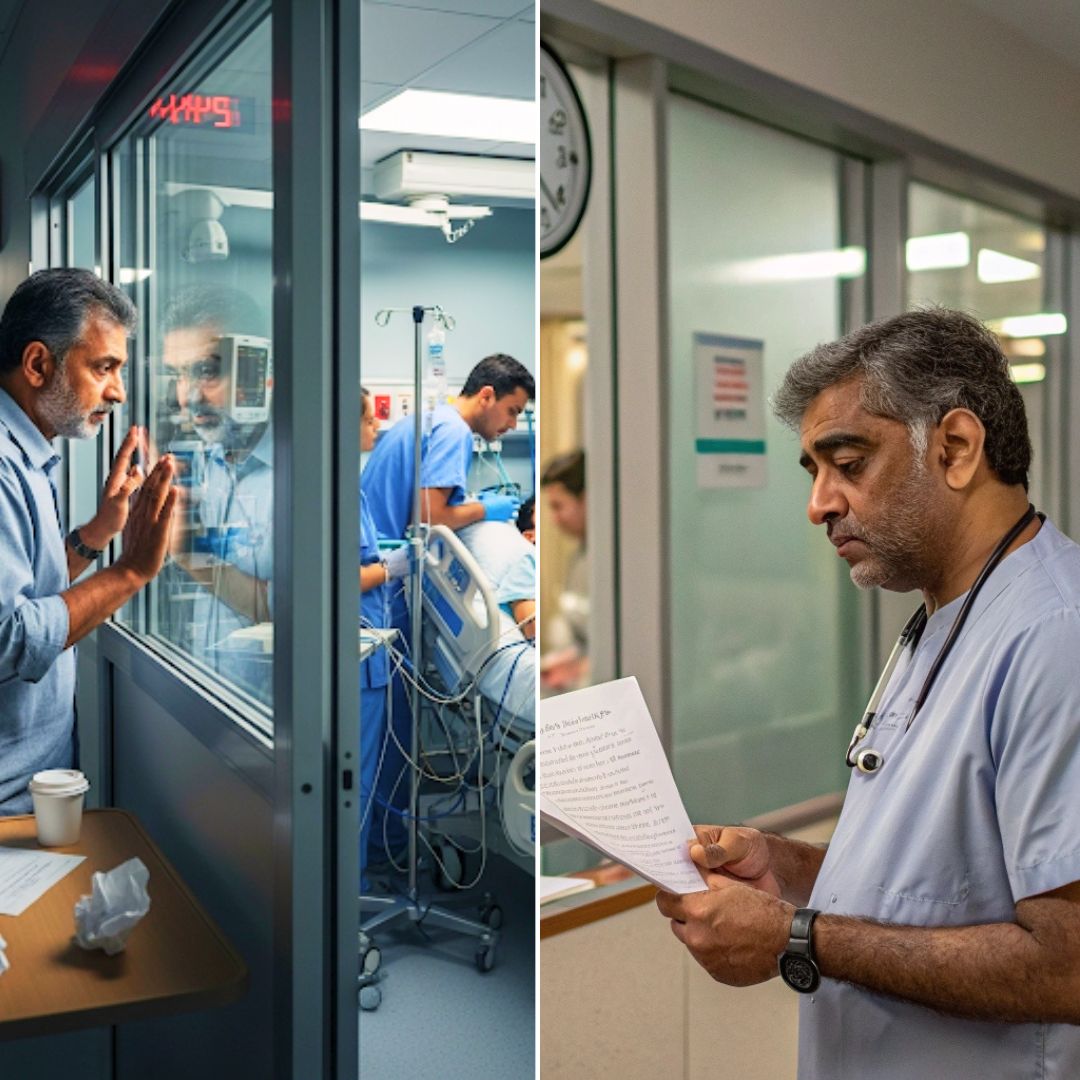The Maharashtra State Consumer Disputes Redressal Commission has ordered Wockhardt Hospitals in Nashik to pay ₹34 lakh compensation to Vijay Dashrath Naidu. His son, Ravindra Naidu, died in 2010 after delayed admission to the Intensive Care Unit (ICU).
Despite showing severe symptoms, including chest pain after a fall in the hospital bathroom around 3 am, Ravindra was not shifted to ICU until about 7 am due to the hospital’s insistence on signed consent from the family.
The hospital cited family refusal of ICU admission and the patient’s pre-existing conditions as contributing factors. The commission ruled this delay amounted to medical negligence and emphasized that emergency medical care is a constitutional right under Article 21, which includes the doctrine of implied consent, allowing hospitals to provide critical treatment without explicit prior consent when a patient’s condition is life-threatening.
This ruling overturns an earlier dismissal by the Nashik District Consumer Forum and marks a significant precedent in patient rights and emergency healthcare in India.
Delayed ICU Care and Legal Accountability
Ravindra Naidu was admitted on April 15, 2010, for a severe nosebleed. During the night, around 3 am on April 16, he suffered a fall in the bathroom and complained of chest pain and significant uneasiness. Despite deteriorating symptoms, the hospital did not move him to the ICU until nearly 7 am.
During this critical four-hour window, his condition worsened, and family members were neither informed adequately nor allowed to meet him. Vijay Naidu alleged gross medical negligence, claiming that while his son likely died around 8:30 am, hospital staff continued treatment until 12:30 pm to create misleading records.
The hospital maintained that relatives refused ICU admission and argued that Ravindra’s death arose from accelerated hypertension aggravated by cessation of antihypertensive medication, claiming that care was administered timely and per standards.
The commission rejected these defenses, highlighting the legal principle of implied consent in emergency situations, and underscored the hospital’s failure to provide immediate life-saving care as a breach of duty and negligence.
Context and Broader Implications
This ruling is landmark for asserting the constitutional right to emergency medical treatment as integral to the right to life under Article 21 of the Indian Constitution. It highlights systemic issues in Indian healthcare where administrative hurdles like consent requirements may lead to fatal delays.
The decision serves as a cautionary message to private and public hospitals that patient welfare and timely intervention must trump procedural formalities. It also stresses the need for clear and robust hospital protocols ensuring emergency treatment is not held hostage by consent disputes, strengthening patient rights and accountability frameworks.
The 14-year legal battle encompassing initial dismissal by the District Consumer Forum, subsequent appeals, and final redressal by the State Consumer Commission illustrates challenges families face in seeking justice and underscores the judiciary’s role in upholding medical ethics, patient safety, and transparency.
The Logical Indian’s Perspective
The Logical Indian stands firm on the ethical principle that saving lives must always take precedence over formal consent barriers in emergencies. This ruling forces medical institutions to reconsider delays caused by consent procedures and encourages transparent, empathetic communication with patient families during critical moments. Timely emergency care is a fundamental human right that should never be compromised due to documentation disputes.
The Logical Indian advocates for systemic reforms to balance patient autonomy with the urgency of lifesaving interventions, fostering a culture of accountability, empathy, and clear guidelines in India’s healthcare system. How can hospitals better institutionalize this balance to prevent such tragedies in the future while respecting patients’ rights? We encourage readers to share their personal experiences and insights on fostering trust and responsiveness in emergency medical care in India.












